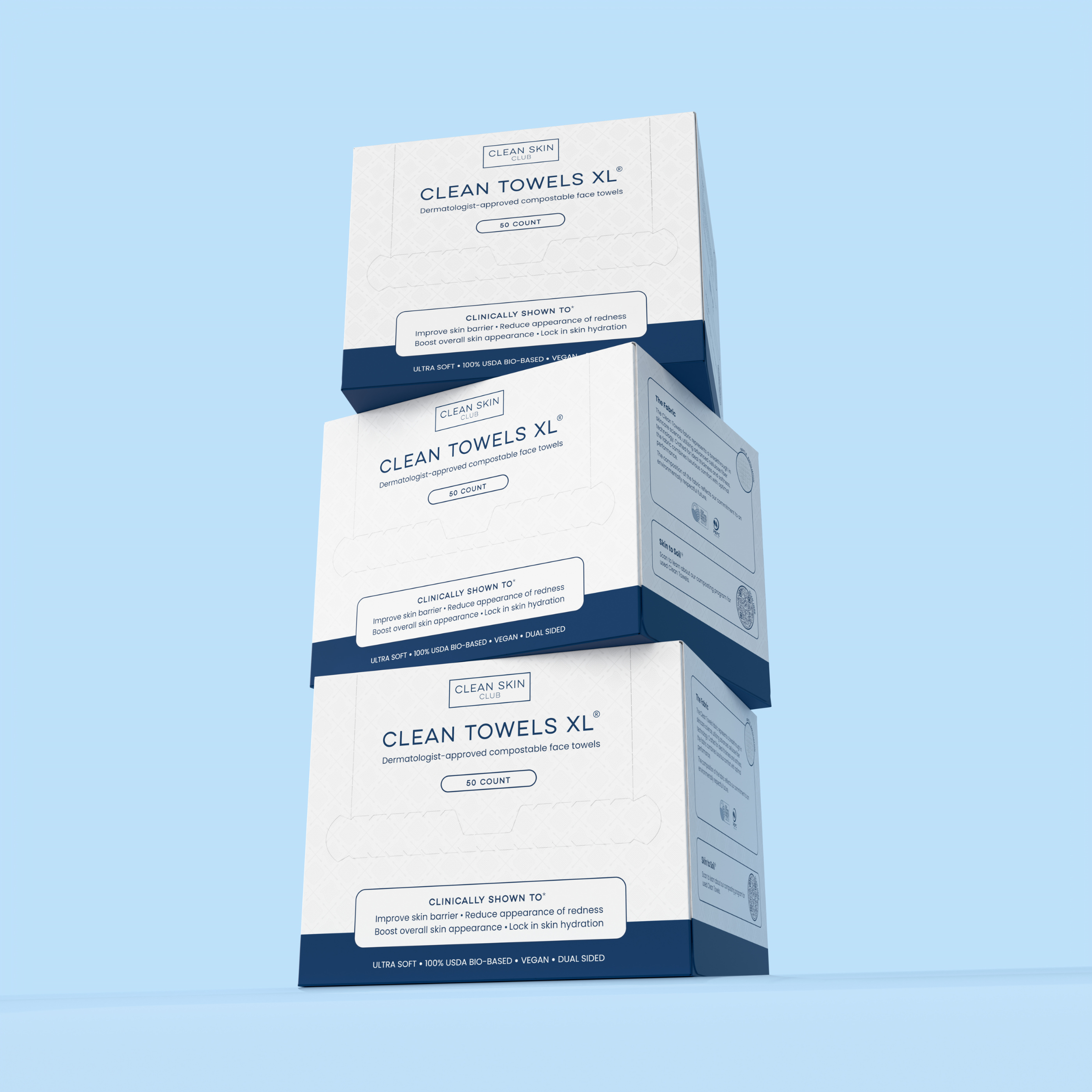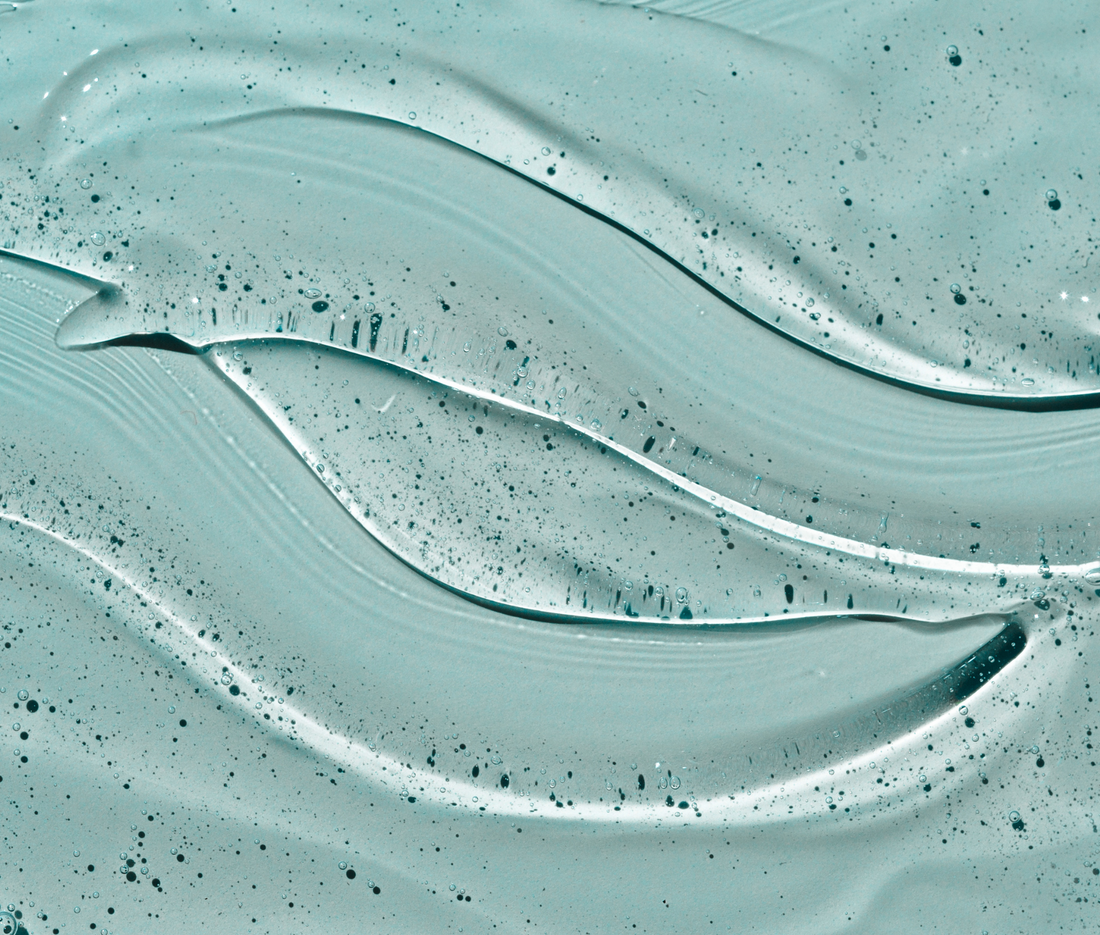You’ve probably heard from a friend, your esthetician or a skin care page the word Niacinamide - which is a form of Vitamin b3. This skin care ingredient is a popular one for many reasons. Here are 5 things to know about Niacinamide and why it's so popular:
It can lighten unwanted hyperpigmentation
Research suggests that topical vitamin B3 is a potential tyrosinase inhibitor. The exact method is still unknown but it has shown to be effective at suppressing the enzyme needed to create melanin, which is what makes up the pigment in our skin.
It's a powerful antioxidant
Niacinamide can reduce free radical damage—from the sun and daily exposure to harmful pollution. This leads to the reduction of premature aging, sun damage, and overall protection for all skin types, especially mature skin (to a certain extent, of course - never skip the SPF!).
Helps soothe stressed, reddened skin (in low concentrations)
Studies show that too high of a concentration of Niacinamide can potentially be irritating, but when used at the correct dosage in a formulation, it has proven to have healing qualities and reduce facial redness.
It regulates oil production
Additionally, it in turn improves hydration by reducing TEWL (trans-epidermal water loss). Due to the fact that Niacinamide helps restore the lipids in our skin, it has proven to be efficient at hydrating the skin, which leads us into our next topic.. A stronger skin barrier.
It repairs the skin and strengthens its natural barrier function
Since it supports keratin production (the protein that skin is made of) it has shown to strengthen the barrier of the skin (which includes keratin). The skin is an organ that keeps out things that would be harmful to the body, regulates body temperature and the water content in our bodies, preventing dehydration. All of these will be much more effective if the skin is able to perform just as it was intended to.
So, is niacinamide right for you? It depends, but most likely! Niacinimide is generally very safe for all skin types and non-irritating at the right concentrations. As always, it good idea to patch test a sample of a new skin care product on your inner wrist. And, of course, consult your Dermatologist and/or esthetician for recommendations and guidance when it comes to products that are new to you.
Thank you for reading!
This article of the Skinsider Scoop was graciously written by L.E., Jillian Epperson, and edited by the Clean Skin Club team. If you're interested in more from Jillian, please shoot us an email, and follow her Instagram - @estheholic



